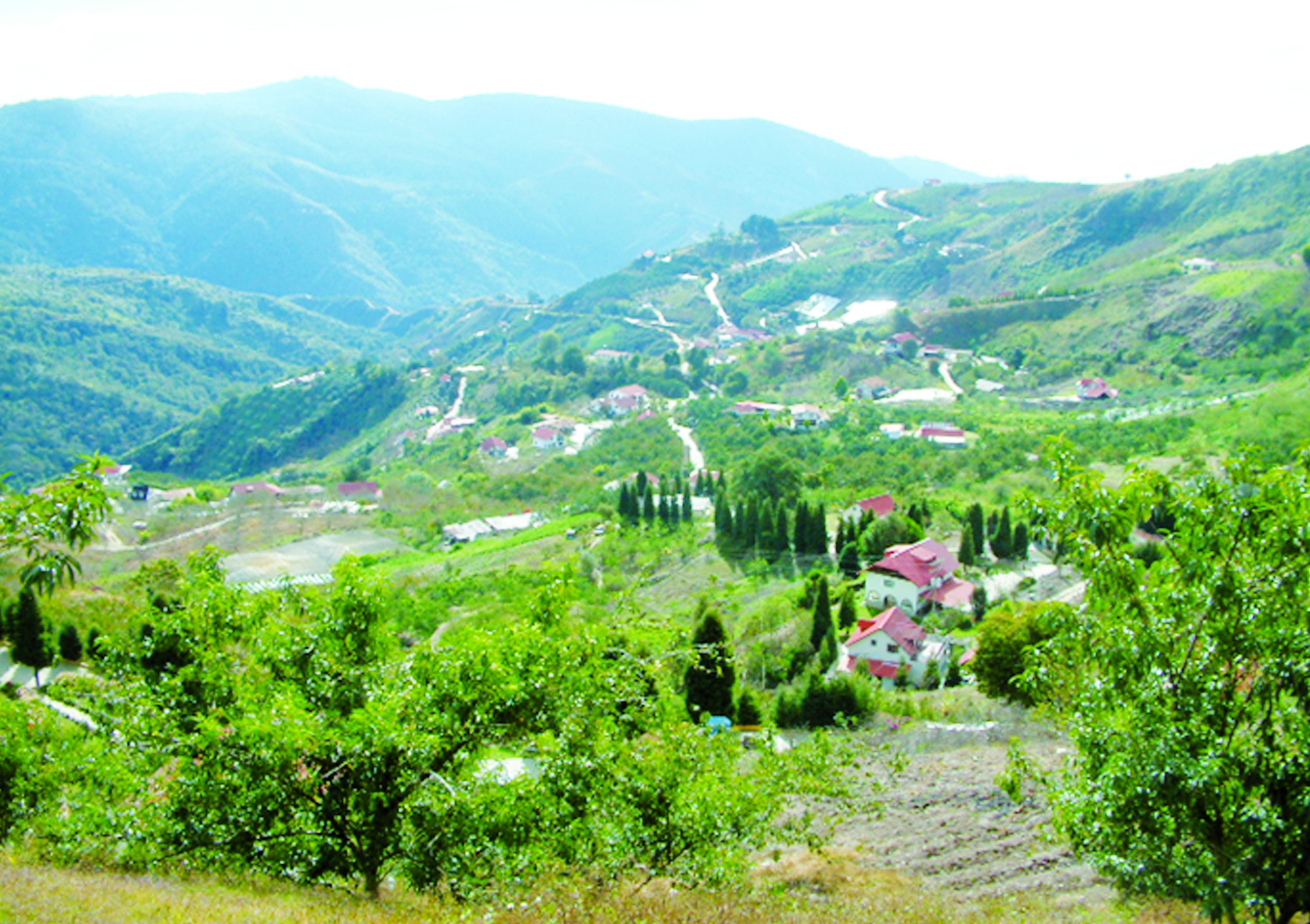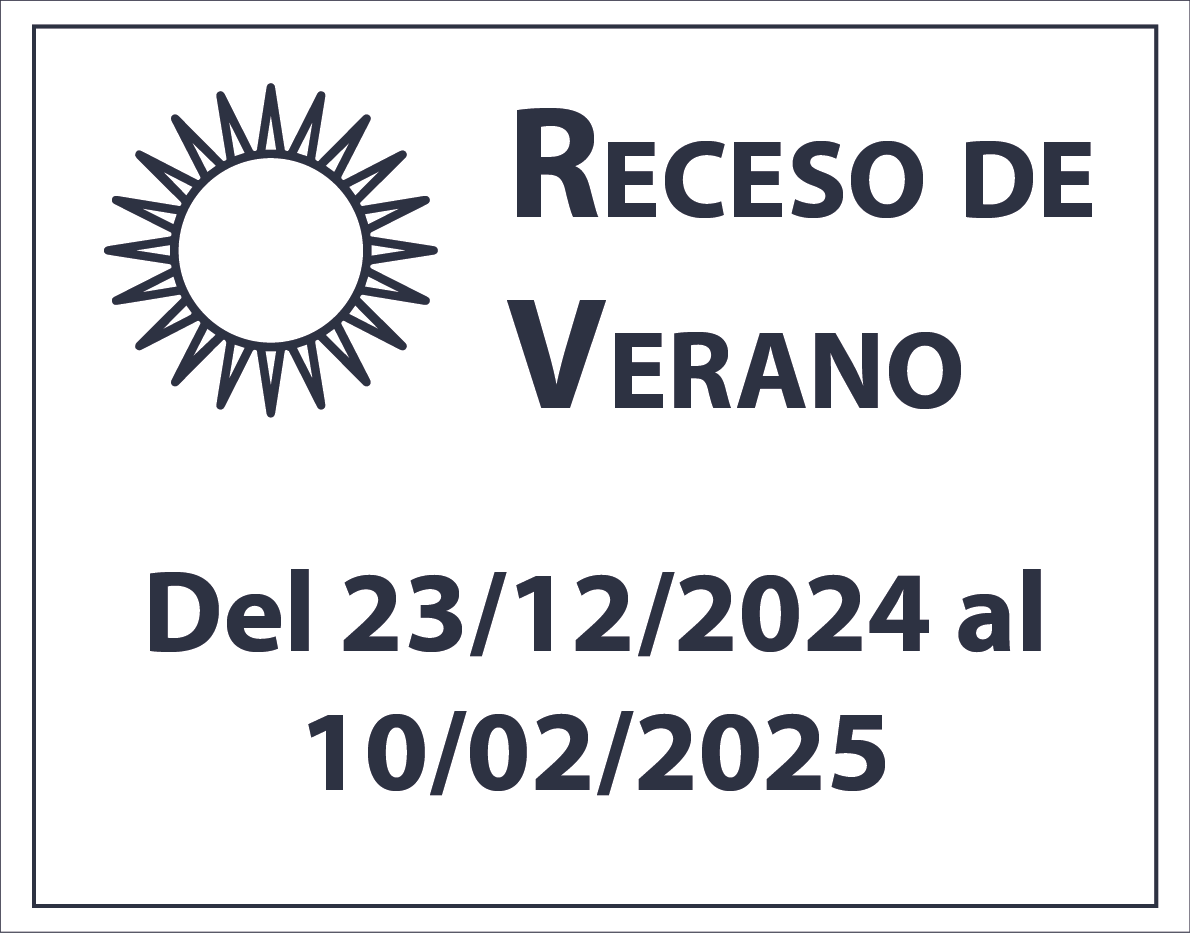Socioecological diagnosis and peri-urban family agriculture typification, with emphasis in the production of peach (Prunus persica), in El Jarillo, Venezuela
Palabras clave:
Agricultura familiar periurbana, Durazno, Tipificación, Sistemas socioecológicos, Indicadores de sostenibilidadResumen
The objective of this work was to typify and describe, from a socioecological perspective, the agricultural activity of the family farming systems in El Jarillo, Venezuela. A transversal descriptive research was carried out from 2009 to 2016 and mixed methods and tools were used, including ethnographic ones. Twenty-seven family farming systems and 44 indicators were measured and analyzed to describe the main characteristics of the systems. Emphasis was placed on peach production. The indicators were grouped in four categories of analysis: Quality of Life (QL), Social Reproduction of the Family (SRF), Energy Efficiency and Conservation of Natural Resources (EECNR) and Autonomy vis-à-vis the Markets (AM). All indicator were weighted on a scale of 0 to 4. Despite being all systems focused on peach production, the differences were sufficient to identify the four types of production systems (A-D). Most of the farms grouped in type A (68%), and only one farm in type D (4%). Types A and D produce only peach, types B produce peach combined with other crops for sale and types C produce items for self-consumption. The average yield of peach was higher than 140 kg plant-1 crop-1 in the period analyzed for all types, except for type D. All types of farms are using agrochemicals to fertilize, fight pests and diseases, and induce flowering, based on techniques of the green revolution. The categories of QL, SRF and AM turned out to be favorable to sustainability, however, the difficulties encountered in the EECNR limit sustainability. The quality of life standards of the farming families are the product of the high rentability and the moderate economic risk, at the expense of the natural resources.

Descargas
Publicado
Número
Sección
Licencia
Aquellos autores/as que tengan publicaciones con esta revista, aceptan las Políticas Editoriales.



